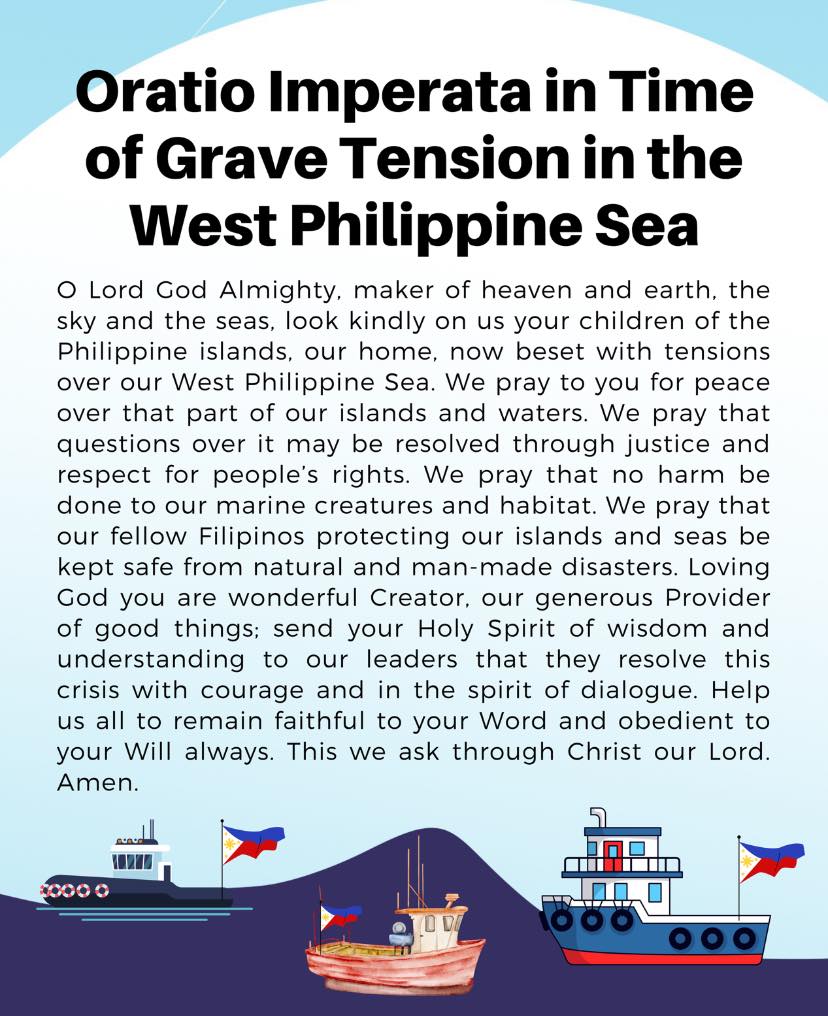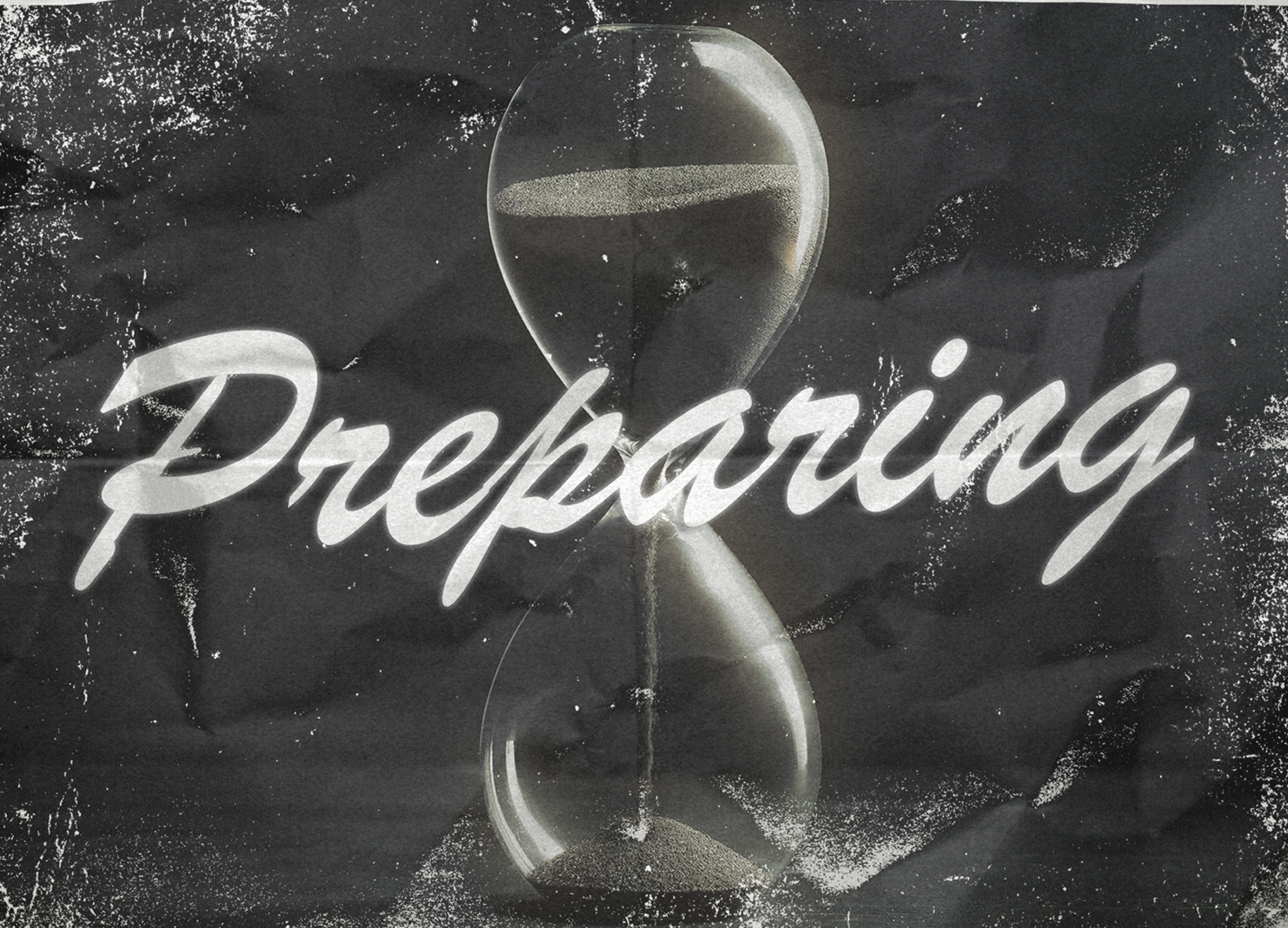By Fr. John Kennedy Michael, CMF
 “Prayer is something human beings do instinctively…for the average person prayer pours out quite spontaneously”, wrote Thomas Moore in his Foreword to ‘Sadhana – a way to God’ by Anthony de Mello. Prayer is a natural and innate urge in human beings to be in ‘connect’ with the Creator. The modern world which seeks desperately to remove the role of the Creator seems to downplay and benumb this urge in human beings while attempting to draw human beings’ attention to superficial and transient things. Hence, many led by the modern wave begin to question: Is prayer relevant today? What use is it to pray? Why should we pray? And so on.
“Prayer is something human beings do instinctively…for the average person prayer pours out quite spontaneously”, wrote Thomas Moore in his Foreword to ‘Sadhana – a way to God’ by Anthony de Mello. Prayer is a natural and innate urge in human beings to be in ‘connect’ with the Creator. The modern world which seeks desperately to remove the role of the Creator seems to downplay and benumb this urge in human beings while attempting to draw human beings’ attention to superficial and transient things. Hence, many led by the modern wave begin to question: Is prayer relevant today? What use is it to pray? Why should we pray? And so on.
Prayer is like a delicious food, (of course it is food for the soul) the taste of which can at best be described only inadequately and incomprehensively in words and illustrations. Prayer is an experience. One should practice prayer to relish the sweetness of it. There are millions who enjoy the benefits of prayer. There are others who unfortunately miss this privilege. This article is an invitation to ‘taste and see’ the goodness and the benefits of prayer.
What is prayer?
The Catechism of the Catholic Church says that, “Prayer is the raising of one’s mind and heart to God or the requesting of good things from God” quoting St. John Damascene. Our faith gives us the power to raise our minds to God. Our faith grants us the entitlement to demand from God the good things we need. Faith is the ground and humility is the foundation of prayer.
“For me, prayer is a surge of the heart; it is a simple look turned toward heaven, it is a cry of recognition and of love, embracing both trial and joy” – said Teresa of Lisieux.
Prayer is not ‘one way traffic’. In prayer we meet the God who is in search of us. Prayer is the encounter of God’s thirst for us with our thirst for God. “Our hearts are made for you. They are not at rest till they find their rest in you, my God.” clamoured St. Augustine.
 Prayer is a dialogue with God, speaking and listening to him. Prayer is spending time with God, in His presence, listening to His word, expressing our concerns, worries, joys, successes and future plans to God. Prayer builds up our relationship with God which is vital for our meaningful and holistic life. “Prayer is the living relationship of the children of God with their Father who is good beyond measure, with his Son Jesus Christ and with the Holy Spirit.” says St. Gregory of Nazianzus.
Prayer is a dialogue with God, speaking and listening to him. Prayer is spending time with God, in His presence, listening to His word, expressing our concerns, worries, joys, successes and future plans to God. Prayer builds up our relationship with God which is vital for our meaningful and holistic life. “Prayer is the living relationship of the children of God with their Father who is good beyond measure, with his Son Jesus Christ and with the Holy Spirit.” says St. Gregory of Nazianzus.
The moment one’s thoughts and feelings are turned to God and one’s ears are attuned to God’s Word prayer begins. People advanced in the practice of prayer confess that they cannot live without it. Prayer becomes as easy, spontaneous and vital as breathing. Prayer begins to shape one’s attitudes, habits, thinking and behaviour. Prayer puts one on the track of holiness and goodness leading to fullness of life.
Different levels and forms of prayer
Prayer is not mysterious, although it can lead to knowledge not normally known to the individual. Prayer is not magical, although miracles can occur in prayer and due to prayer. Prayer is practical and possible.
The Catechism of the Catholic Church speaks of three levels of prayer: Vocal prayer, Meditation and Contemplation. Vocal prayer is prayer that is recited, considered to be more apt for beginners. There are many formulated prayers by saints, the church. The psalms are used for vocal prayers. Mental prayer is prayer that is made with one’s mind and heart, going in serious reflection.
Celebration of the Eucharist and other sacraments are intense moments of prayer facilitating communication with god and the believing community.
”Lectio divina” is a practice of praying the word of God in a meditative manner. In ‘Lectio divina’ we read the word of God, reflect and ponder over it, we pray with the Holy Spirit and act according to the invitation of the Word. St. Anthony Mary Claret, recommending this form of prayer to everyone, wrote from his own personal experience, “…what moved and stimulated me most was reading the Holy Bible, to which I have always been strongly attracted.”
Prayer can be in the forms of Blessing and Adoration, Thanksgiving, Petition, Intercession, and Praise. The prayer ‘Our Father’ (Mt. 6:9-15) that Jesus taught his disciples has all these elements present in it.
The ambience of prayer
 A conducive external environment is important. But more important is the internal environment – the proper disposition of the heart in humility and gratitude and the desire for prayer coupled with interior calmness. The place of prayer can be a church, a chapel, one’s house or room or any place – the street, the playground. “It is possible to offer fervent prayer even while walking in public or strolling alone, or seated in your shop, while buying or selling, or even while cooking”, expressed St. John Chrysostom.
A conducive external environment is important. But more important is the internal environment – the proper disposition of the heart in humility and gratitude and the desire for prayer coupled with interior calmness. The place of prayer can be a church, a chapel, one’s house or room or any place – the street, the playground. “It is possible to offer fervent prayer even while walking in public or strolling alone, or seated in your shop, while buying or selling, or even while cooking”, expressed St. John Chrysostom.
The right ambience that facilitates prayer is silence, the interior silence. The exterior silence certainly contributes. Creating silence is the first step. Mother Teresa wrote,
The fruit of silence is prayer
the fruit of prayer is faith
the fruit of faith is love
the fruit of love is service
the fruit of service is peace.”
Feeling at home in an atmosphere of silence prepares one for moments of deep prayer.
Why should we pray?
We all need to be united with God (I am the vine you are the branches…Jn. 15). Prayer is the best means of being united with God. Jesus is our model who was in constant communication with his Father. He prayed always. ( Lk 2:29, Lk 3:21-22, Lk 5: 16, Lk 6:12-13, Lk 9:18, Lk 10:21 and many other instances). We are invited as believers and followers of Jesus to emulate his habit of praying.
We come to know God’s will for us and the purpose of our life in prayer. Praying before taking decisions, solving problems, before starting a new venture are usual practices most of us have. Jesus invited us to pray and the church constantly reminds us to pray individually and collectively as a community.
- Prayer makes you a better person, transforms, heals and opens the floodgates of positivity and power that has been gifted to you.
- Prayer enables you to accept realities when they are hard and harsh. Prayer makes you tough when the going gets tough.
- Prayer prepares a calm mind and a cool head in you.
- Prayer is a great stress-buster.
- Prayer and meditation enhances your physical and psychological well-being while helping you strengthen your life-giving relationships.
- Constant prayer fine tunes you to the wavelength of God’s communication. Your sensitivity to God’s message becomes sharp, encouraging and empowering you to do God’s will which is meant for your good.
- Prayer sustains, vitalizes the process of your holistic growth and transformation, animating and nourishing your mind, body and soul.
- Prayer prepares you for personal happiness, inner peace and harmony. Prayer helps you become more disposed to receive God’s abundant blessings and God himself. Mother Teresa said, “Prayer makes your heart bigger, until it is capable of containing the gift of God himself.”
The benefits of prayer are numerous. You have to plunge into prayer to experience and relish the benefits. Make prayer your habit. Let the Word of God be your companion. Mahatma Gandhi said, “Prayer is the key of the morning and the bolt of the evening.” Let your life be encompassed with prayer.
Prayer is certainly an investment that pays the best interest. With constant and consistent prayer your life can only become better and better. Practice prayer and you will see the difference. Don’t give up when difficulties are faced and God seems to be far away. “God shines most brilliantly in his absence” says Simone Weil. Our God is a faithful God. Sincere and fervent Prayer never fails.










